hile Kolkata promises some of the most cosmopolitan experiences that India has to offer, the surrounding countryside also has a few aces up its sleeve. If you’re passing through the metropolis and have a few days to spare, you can take your pick from vibrant cultural hubs, scenic beaches, fascinating colonial history and nature reserves teeming with wildlife in the waterlogged Sunderbans delta. Whichever you pick, you’ll appreciate Kolkata all the more after dipping into its rural heartland.
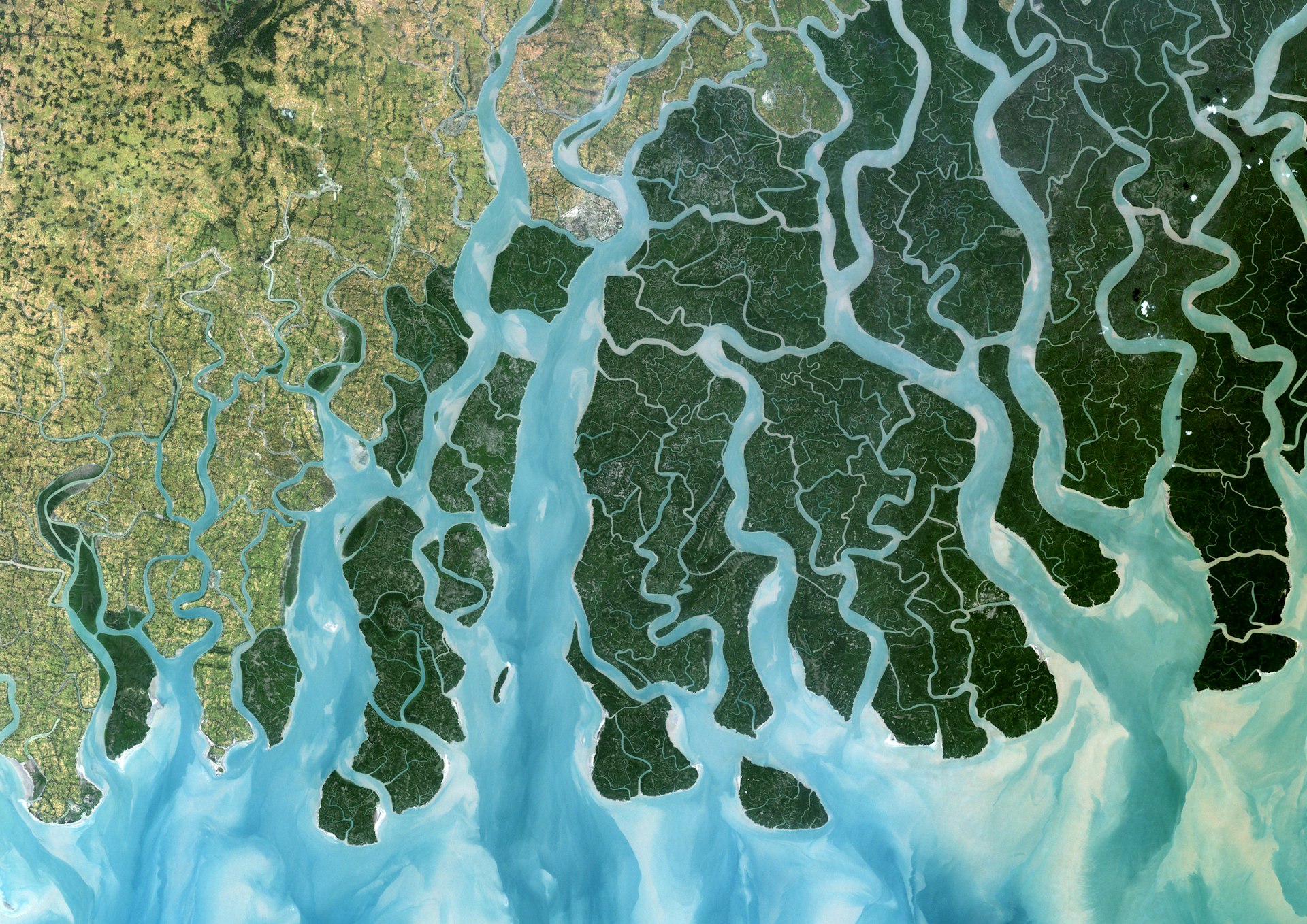
Find poetry and peace at Shantiniketan
A gentle, tree-shaded town in the heart of pastoral Bengal, cultured Shantiniketan ( ‘Abode of Peace’ in Bengali) is famed as the home of the Visva Bharati University, an institution promoting liberal arts and humanities founded by poet, artist and Nobel Laureate, Rabindranath Tagore in 1901. Many of the state’s musical, literary and fine arts movements trace their origins to Shantiniketan, and the university’s alumni include some of the best-known figures in Indian literature, classical music and modern art.
Needless to say, a day trip from Kolkata offers some fascinating insights into India’s creative and intellectual persona. Learn more about the town’s institutional heritage in the excellent museum at the Uttarayan Complex, where Tagore once lived and wrote much of his poetry (read the Nobel-prize winning Gitanjali before you visit).
Getting There: To get to Shantiniketan, hop on to one of the many trains departing Kolkata’s Howrah Station (three hours). Consider sleeping at Mitali Homestay, known for its fabulous food and friendly hosts, or Park Guest House, located in a charming tribal village bordering the university campus.
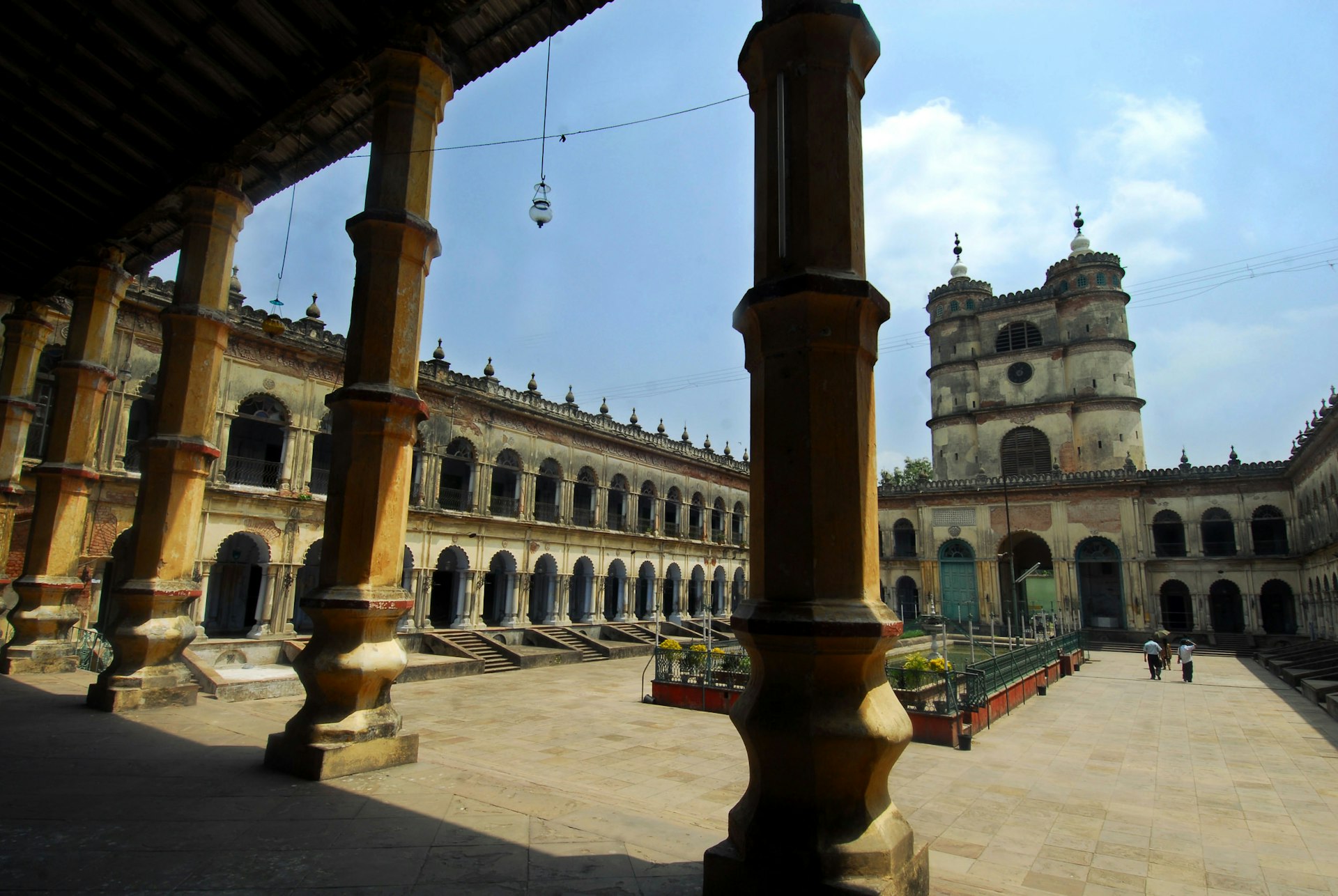
Cruise up the Hooghly
From the 17th to the 19th centuries, at the height of India’s colonial era, the Hooghly River was an vital conduit for the European trading companies operating administrative and warehousing outposts upstream from Kolkata. Made rich by cargoes of jute, indigo, textiles and spices, these towns flourished as miniature versions of their parent countries, but fell into decay in the 20th century in the wake of Indian Independence.
Spread over just a few kilometres, this cluster of towns — often referred to as ‘Little Europe’ — still has a few relics from the past that are worth exploring. In Chandarnagar, you can visit French creations such as the Cultural Institut de Chandarnagar and the Eglise du Sacre Coeur Cathedral.
Founded by the Portuguese, the nearby settlement of Bandel – today part of the town of Hooghly – is home to the 17th-century Basilica of the Holy Rosary, and the Imambara, a Shia Muslim congregational hall, commissioned by an 18th-century philanthropist. Serampore, a former Danish post, has the Serampore College founded in 1818, which houses one of India’s largest college libraries. Sightseeing apart, these towns offer a fantastic sample of the gentle pace of life outside the Bengali capital, and you can visit all three in a single day.
Getting There: Trains to Bandel and Hooghly run from Kolkata’s Howrah station, and you can explore the surrounding area by chartered autorickshaw.
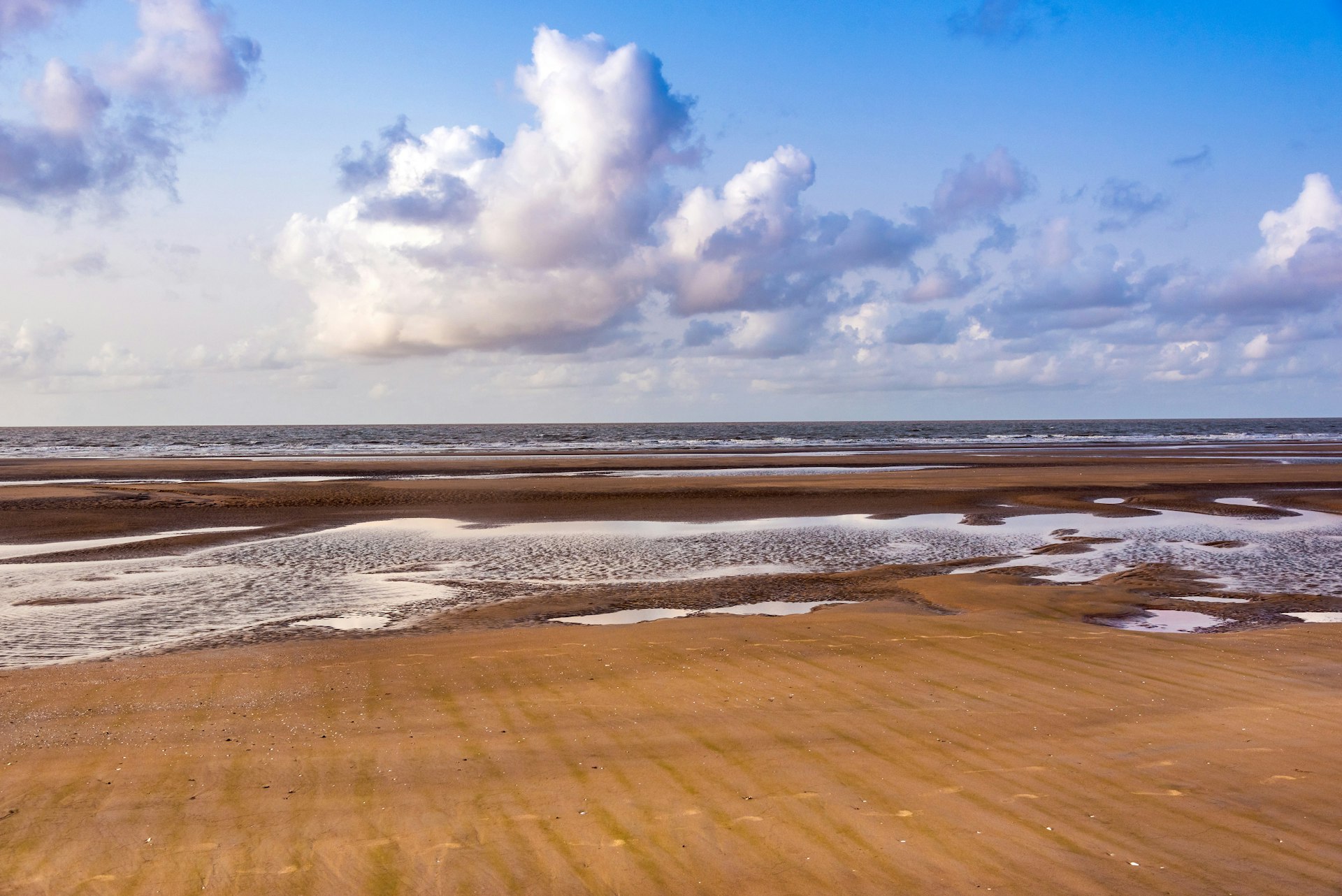
Seek sun, sand and seafoam at Mandarmani
Featuring the best sands within easy reach of Kolkata, Mandarmani is a quaint fishing village on the wave-lapped Bengal coastline. With a pristine beach that stretches almost 15km, the village has seen some development and tourism-related construction, but it still promises enough serenity for you to consider spending a weekend here.
Take a morning walk along the seashore, and you’ll see fishing boats pulling in and regurgitating their marine catches, while countless colonies of sand bubbler crabs paint the beach in red motifs. You can even buy fresh-caught goodies direct from the fishermen and carry them back to your lodge, where obliging kitchen staff will cook them up for lunch. Alternatively, just order a chilled beer from one of the low-key resorts and enjoy the sweeping sea views.
Getting There: The 180km from Kolkata to Mandarmani can be covered in about four hours. Catch an early morning train departing Howrah Station for Digha, and then take a taxi from there. Sana Beach has the best beds in the village, plus a swimming pool and bar.
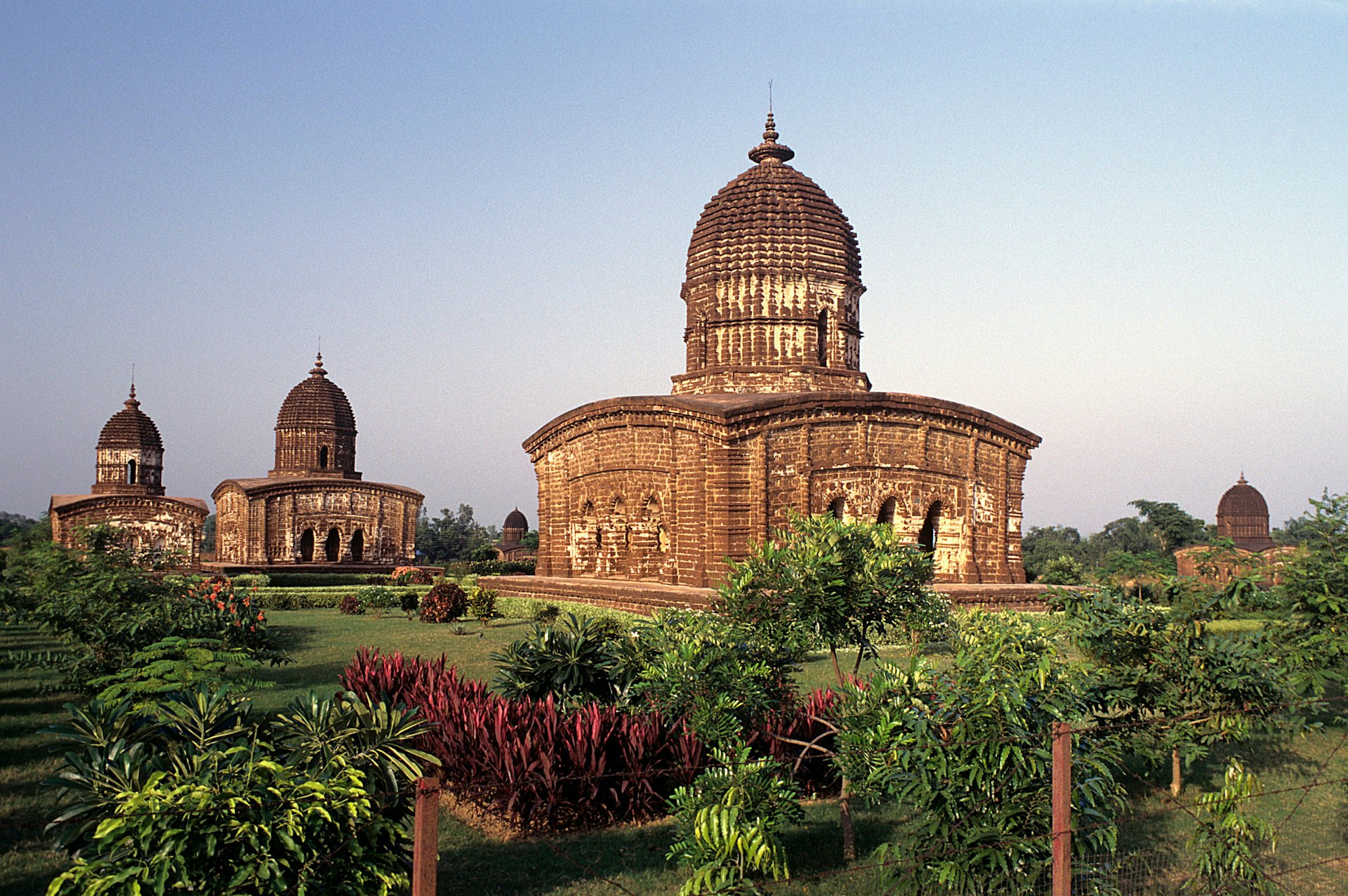
Explore Bishnupur’s terrific temples
The ornate terracotta temples of Bishnupur are one of Bengal’s most celebrated archaeological wonders. Built in the classic ‘Bengali hut’ style, most of these graceful structures date from between the 16th and 19th centuries, when the ruling Malla dynasty built and consecrated them to Lord Krishna, earning the town its name, ‘City of Krishna’.
You can spend an entire day (if not two) ambling through the town and admiring these glorious shrines. The most notable structures are the Ras Mancha, Jor Bangla, Madan Mohan Temple and Shyam Rai Temple, adorned with intricate panels showing scenes from the Mahabharata and Ramayana. Factor in a few shopping stops along the way to pick up some of the town’s famed Baluchari silk saris and terracotta horses.
Getting There: Bishnupur can be easily reached by early-morning train from Kolkata’s Howrah station (four hours). The state-run Bishnupur Tourist Lodge is your best option for an overnight stay.
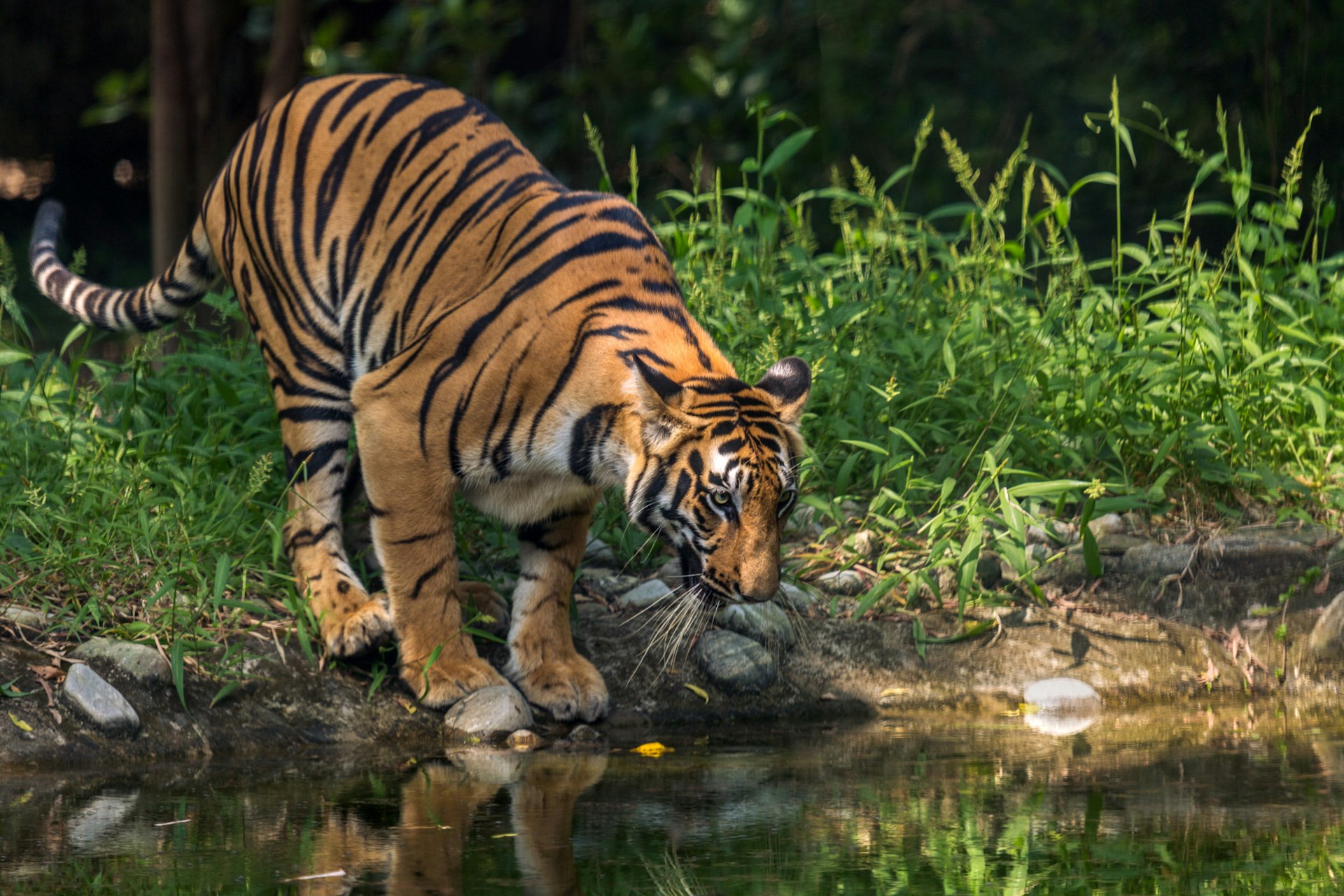
Here there be tigers
Crocodiles in the water; tigers on dry land. So goes a popular Bengali proverb describing a no-win situation, and it comes from the bleak and inhospitable landscape of the Sunderbans. Spread over 2585 sq km, this waterlogged network of saltwater channels and mangrove forests is the world’s largest river delta, the point where the Ganges and four other mighty rivers meet the sea. The Sunderbans is also home to one of the largest surviving populations of Royal Bengal tigers.
Around 100 of these predators stalk the impenetrable jungles, hunting for deer and other wildlife prey, but sometimes clashing with villagers and their unfortunate livestock. The shallow channels, on the other hand, are home to a different threat – poisonous snakes and ferocious saltwater crocodiles, which can grow up to 20 feet in length. Accessible on boat trips from Godkhali, this is the India wilderness at its savage best.
Getting There: While most of the Sunderbans Tiger Reserve is out of bounds for safety reasons (and to protect the wildlife), safe areas are accessible to visitors on guided trips. Reputed and knowledgeable tour operators include Backpackers, Help Tourism or Sunderban Tiger Camp, all of whom offer pick-up and drop services from Kolkata. Alternatively, you can arrange a boat and guide at Godkhali, accessible by train and bus from Kolkata via the small town of Canning.

